Ten short literary collections to get you back into reading
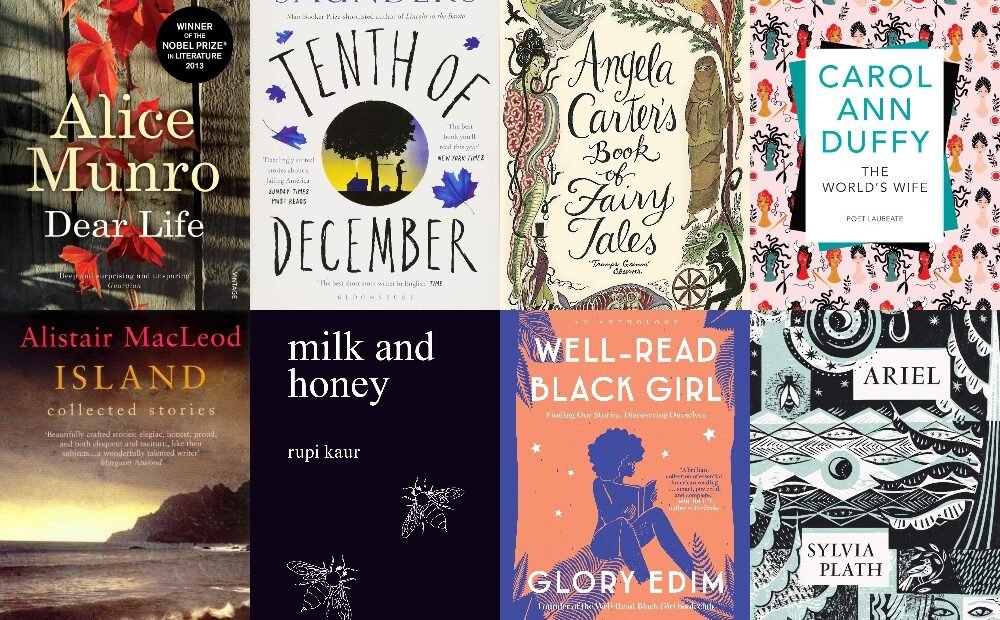
Even with extra time on our hands, it can be hard to find the motivation to start a new book. Perhaps it’s the concentration required, or the emotional commitment; perhaps it’s simply the louder call of the TV boxset that lures us away. But while a 500-page novel may feel as inaccessible as a blister-packaged pair of scissors, more modest instalments could be the best route back into reading. Here are some less timing-consuming literary collections that even those with the shortest attention spans can dip in and out of, but which might just tempt a longer stay.
Dear Life, Alice Munro
The Canadians have a reputation for short story writing – with good reason. Nobel Prize-winner Alice Munro’s 2013 collection Dear Life is a dazzling portrait of ordinary existence which illustrates how seemingly insignificant meetings and moments can have a monumental impact. Threading backwards and forwards in time, her enthralling everyday tales of girls and women are said to have revolutionised short story structure, bringing new dimensions and scale to an often underestimated form.
Angela Carter’s Book of Fairy Tales
This delightful book, composed of short tales inspired by myths and stories from all over the world, is full of the absurd wit you might expect from the renowned writer. It presents the fairy tale as it was originally intended: full of dark, adult themes, bloody murders and bawdy encounters. As opposed to Brothers Grimm, though, this feminist collection revels in powerful enchantresses and crafty old crones.
Milk and Honey, Rupi Kaur
Sensual and sensitive, Kaur’s words and have gained her a huge following in recent years, strangely suited to the image-centric Instagram. The Canadian-Iranian writer’s poetry, ripe with natural imagery and exploring themes of love, loss, healing, trauma and migration, gained her recognition at the age of 21, when she self-published and illustrated her first book, Milk and Honey. The writer has since published two more collections: The Sun and her Flowers and global bestseller Home Body.
Island, Alistair MacLeod
MacLeod’s delicate portrayal of masculinity is both raw and lyrical, an ode to the Scottish diaspora of Canada’s rugged Cape Breton coast. His tales of harsh physical labour and unspoken fatherly love evoke the folklore of his Celtic roots, exploring male relationships and cultural duality with a refreshing sensitivity. Island brings together some of the writer’s best work alongside two previously unpublished stories.
Well-Read Black Girl, Glory Edim
For an enlightening, inspirational offering, we recommend this anthology of essays by black female authors compiled by Glory Edim, founder of the titular book club. The collection explores the importance of representation and enables authors from the black female community to support and recognise each other’s work, building their own voices and futures, and also provides a much-needed education for those unaware of this singular struggle.
The World’s Wife, Carol Ann Duffy
Former Poet Laureate Carol Ann Duffy is known for her playful, accessible approach to weighty themes such as gender oppression and violence, and this collection is one of the most innovative examples of her pitch-black humour. The book reimagines patriarchal narratives by telling the stories of men, both historical and mythical, from the perspectice of their wives. Who really inspired Darwin’s theory of evolution? What was it like to live with Aesop and his tiresome fables? Find out from the women who witnessed it first-hand.
Tenth of December: Stories, George Saunders
For small snippets of sharp satire, it’s worth delving into the work of George Saunders. His most recent collection is full of weird and wonderful characters and revels in the unexpected whilst targeting with pinpoint accuracy the timeless follies that make humanity as helpless now as it was in the neolithic age. Those who enjoy his shorter works might then feel ready to take on Lincoln in the Bardo, Saunders’s critically acclaimed 2017 experimental novel.
Sell Out, Simon Rich
This laugh-out-loud, surreal tale of a Jewish pickle-maker in the early 1900s who is preserved in a barrel of brine for 100 years before waking up in contemporary New York, was originally published in three parts in the New Yorker. The story charts the protagonist’s encounters with his ancestors and his journey from rags to riches as a modern entrepreneur. Rich’s piece has recently been adapted into the film An American Pickle, starring Seth Rogan.
Ariel, Sylvia Plath
If you’ve heard of The Bell Jar or Plath’s tragic biography, you may guess that this is not the collection to read if you’re looking for a January pick-me-up. The poet struggled with depression for many years before her suicide at the age of 30, and Ariel, published posthumously, contains some harrowing portrayals of broken, abusive relationships and psychological turmoil. And yet, the writer’s words also contain bright glimmers of hope such as the love of a mother, and her words are as resonant today as they ever were.
Maya Angelou
We haven’t a specified a collection here, because frankly, you should read them all. This remarkable poet and civil rights icon has produced an extraordinary canon of work, stitching together evocative, endlessly quotable lines that will undoubtedly continue to be echoed in centuries to come. The power of the work is best expressed in Angelou’s own words: “I’ve learned that people will forget what you said, people will forget what you did, but people will never forget how you made them feel”.
Watch the author’s own recital of Still I Rise here.
Rosamund Kelby

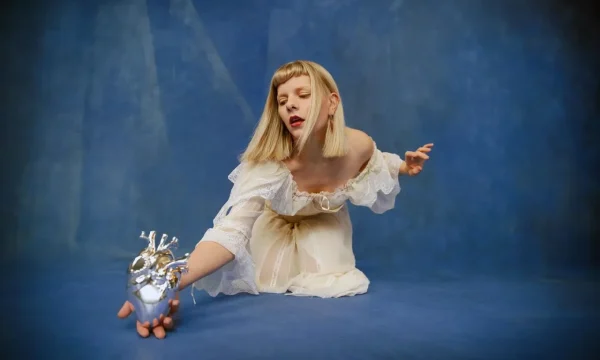

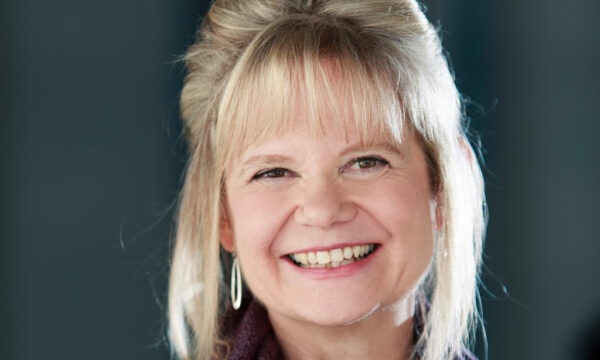
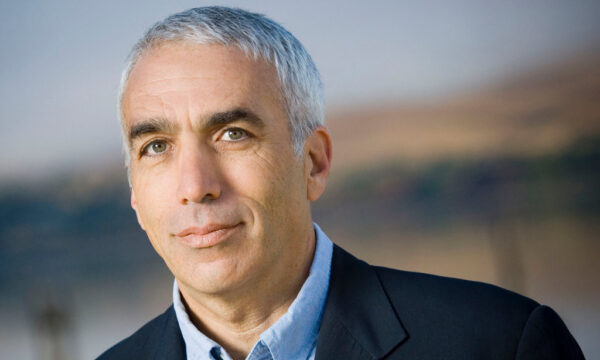
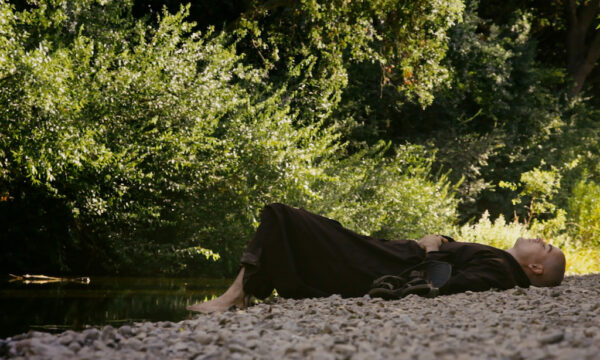


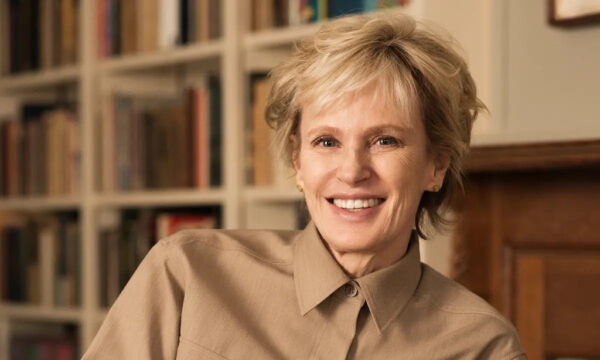















Facebook
Twitter
Instagram
YouTube
RSS